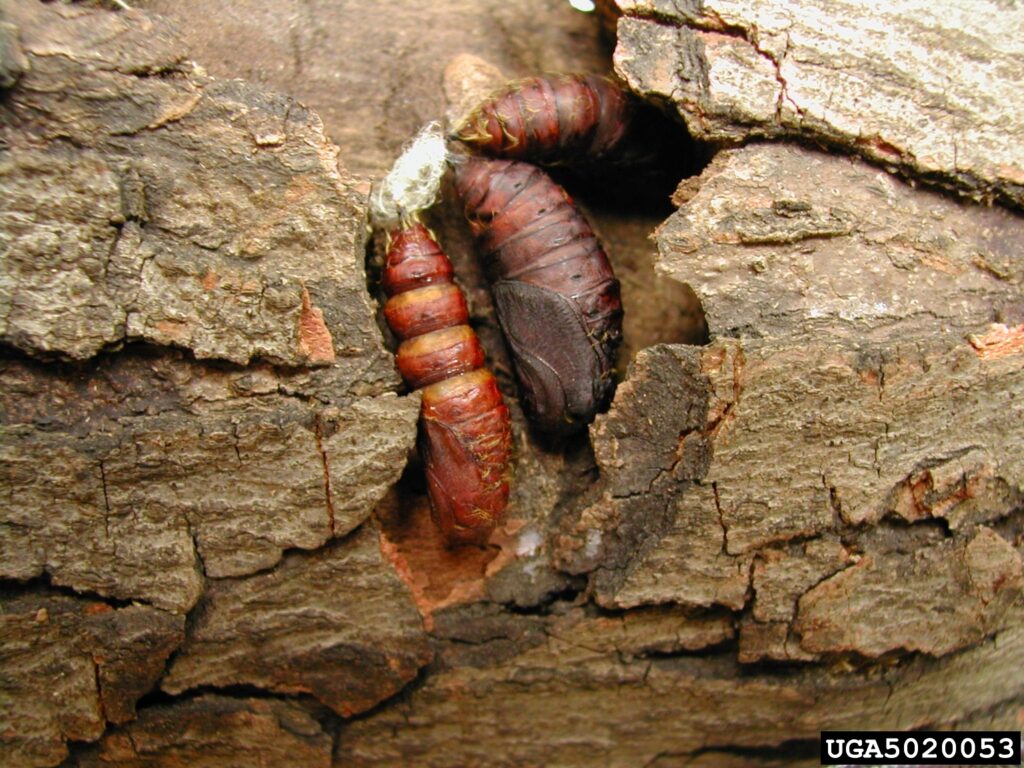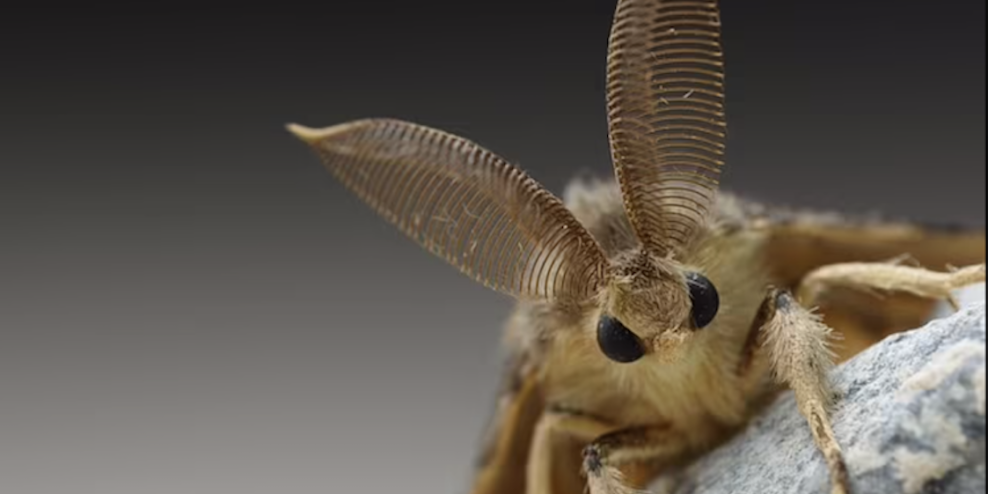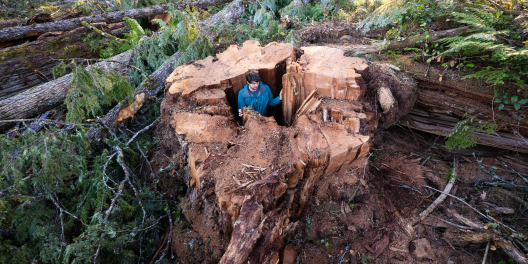Spongy Moths might not sound scary, but if you’re forest, they certainly are.

This little guy might send out cute Walt Disney cartoon Lilo and Stitch vibes, but just like Stitch, they’re creating a lot of havoc for Islanders.
Spongy Moths don’t have the same notorious reputation as the iconic tree destructor, Pine Beetles, but they could cause just as much damage if left unchecked.
Spongy Moths don’t just eat up coniferous trees. They have far more range.
Their babies or pupae are the real problem. They rapidly munch up and strip the leaves of everything from Garry Oak to arbutus, red alder, aspen, cottonwood, maple, orchard fruit trees, nut trees, and many species of urban ornamentals.
Spongy Moths are an invasive species. They are alien to the west coast and compete with local pollinators and other insects.

This tiny moth can potentially create massive impacts on the Island’s ecosystems and economy.
When farms are infested, they have to quarantine all their products. Exports are delayed due to the increased need for inspections.
The Spongy Moths hit the Island a few years back. They moved in from the east coast, where they’ve already stripped large sections of forests in the hundreds of years since they hitched a ride from France on a rogue silk shipment.
Last year though, the Spongy Moths populations spiked here, and the government is taking action to ensure they don’t end up causing the same destruction on the west coast.
The province has announced they’ll be hitting the little buggers’ with bacteria-based insecticide treatments that “only affect spongy moth caterpillars and [are] specific to their digestive systems.”
Areas of Greater Victoria, Courtenay, Campbell River, and Port Alberni will be sprayed between April 1 to June 30.
The insecticide treatment is made of Bacillus thuringiensis var kurstaki (Btk). It kills moths that eat vegetation sprayed with it.
Scientists say the bacteria is “naturally present in urban, agricultural, and forest soils throughout the province.”
The treatment “poses no threat to people. It does not harm mammals, birds, fish, plants, reptiles, amphibians, bees nor other insects,” said the province.
The federal government asks anyone who finds the moths in BC to report it to the Canada Food Inspection Agency.
You can also help to deal with them by never moving firewood out of infected areas and checking all your vehicles and camping gear are clear.
If you find eggs, caterpillars or moths, place them in hot soapy water for at least two days.
After that, you can dispose of them in the garbage.
Sorry, Stitch.










